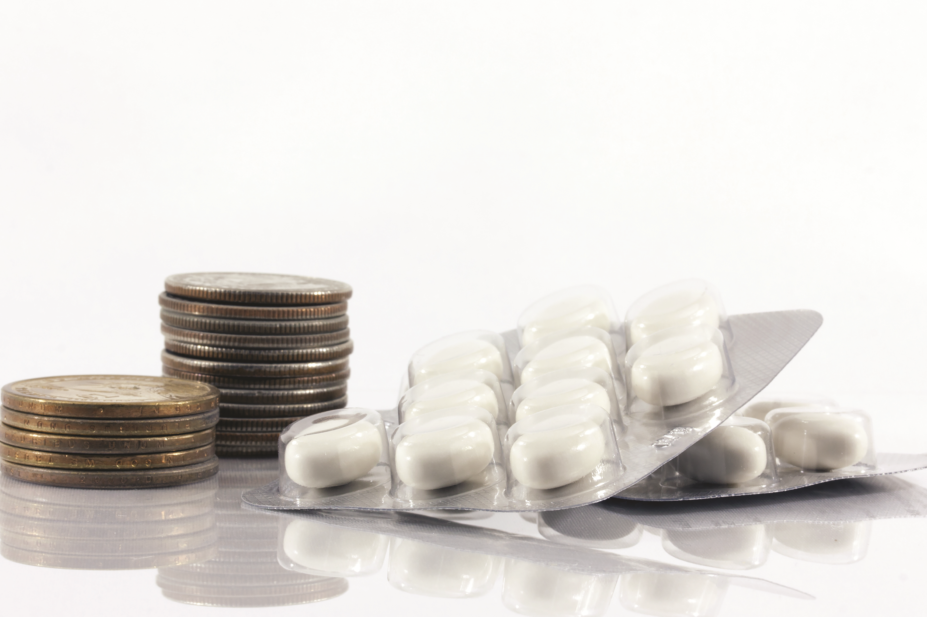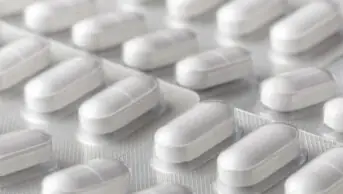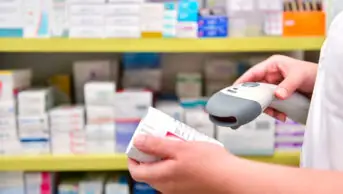
Shutterstock.com
The government has begun trialling a new approach to setting price concessions following sharp spikes in the prices of some generic drugs.
The Department of Health and Social Care (DHSC) has been in discussions with the Pharmaceutical Services Negotiating Committee (PSNC) about changing the system and, according to the PSNC, the DHSC is now working on a system that gathers ‘timely data’ from manufacturers on the price of generics.
PSNC is seeking a system that is more responsive to price rises, and ensures community pharmacy contractors do not carry unreasonable costs on behalf of the NHS.
A spokesperson for the DHSC said medicines shortages were “worrying” and that the department recognised “the importance of patients continuing to be able to access their medicines in a timely way”.
“Our number one priority is to ensure medicines used by the NHS are certified as safe and effective, even if this costs the NHS more money,” the spokesperson maintained.
PSNC director of pharmacy funding Mike Dent said the organisation was “pleased that manufacturers have been able to provide more timely information”.
But he stressed that it was important that concessions ensured that pharmacy owners were reimbursed for medicines they supplied on behalf of the NHS.
He added the existing system, in which DHSC asks wholesalers about current prices, was “unsatisfactory”, and that this had particularly been the case in “the recent volatile market conditions”.
“Using current data from manufacturers as well as wholesalers may provide a better evidential basis but we need to see if it can be used as part of a system that does deliver reimbursement of what pharmacies are having to pay,” he said.
Oxford University’s evidence-based medicine data laboratory EBM Datalab, which analyses healthcare data, estimated that the cost to the NHS of the extra payments in concessionary drug prices was approximately £299m in the financial year 2017–2018 as at February 2018.
Commenting on the cost of generic medicines, Warwick Smith, director general of the British Generic Manufacturers Association, said most medicines and their ingredients were traded in Euros or US dollars, “so the fall in value of the pound sterling by almost 20% following the Brexit vote had already led to increases in UK prices”.
He explained that there had also been disruptions to the supply of a number of generic medicines resulting from production problems that had impacted a few manufacturers. But he added that other generic medicines manufacturers had increased their production of the affected products or have entered or re-entered the market in them.
Smith said the industry’s focus, “has rightly been on ensuring continuity of supply to the greatest extent possible in the interest of patients”. However, he said, “production changes such as this inevitably incur additional costs and the prices of these products have increased as a result”.
Regarding possible changes to the way DHSC sets prices for these products, he said the organisation had been “willing to provide greater depth and frequency of our data as part of this process”.
A DHSC spokesperson said: “We continue to work closely with the Pharmaceutical Services Negotiating Committee and the British Generic Manufacturers Association to ensure concessionary prices reflect the market as closely as possible.”


